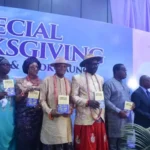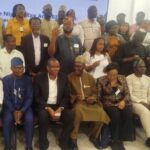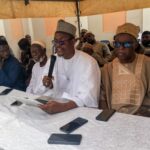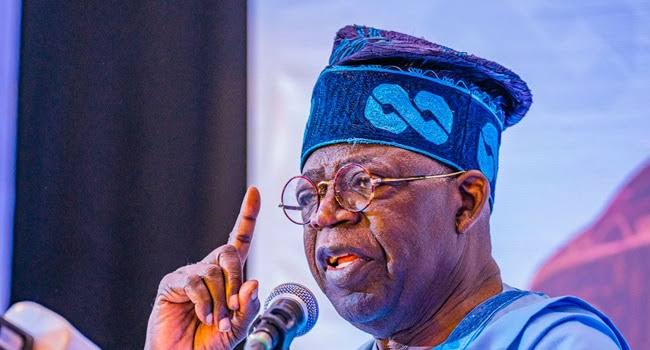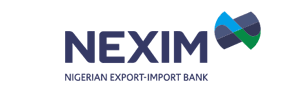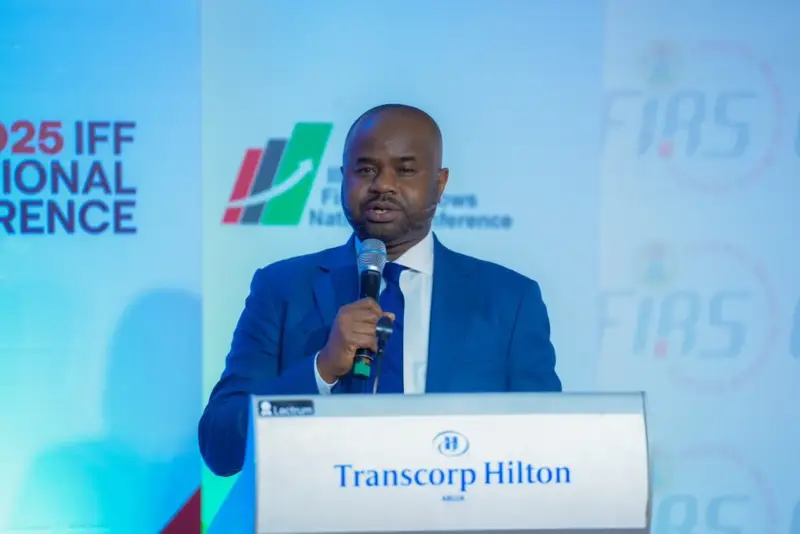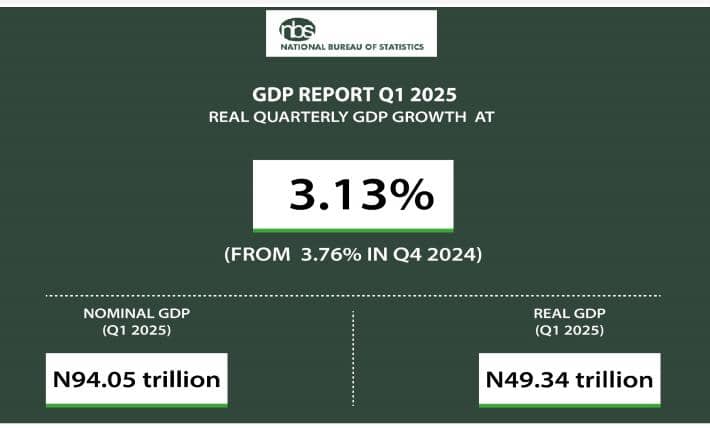Stock market indices increase by 0.08%, investors gain N67bn
By Taiye Olayemi The stock market closed on a positive note on Wednesday, as performance indices grew by 0.08 per cent amid increased buying interest and bargain hunting. Market capitalisation rose by N67 billion, or 0.08 per cent, to close at N83.856 trillion, compared with N83.789 trillion on Tuesday. Similarly,Continue Reading

